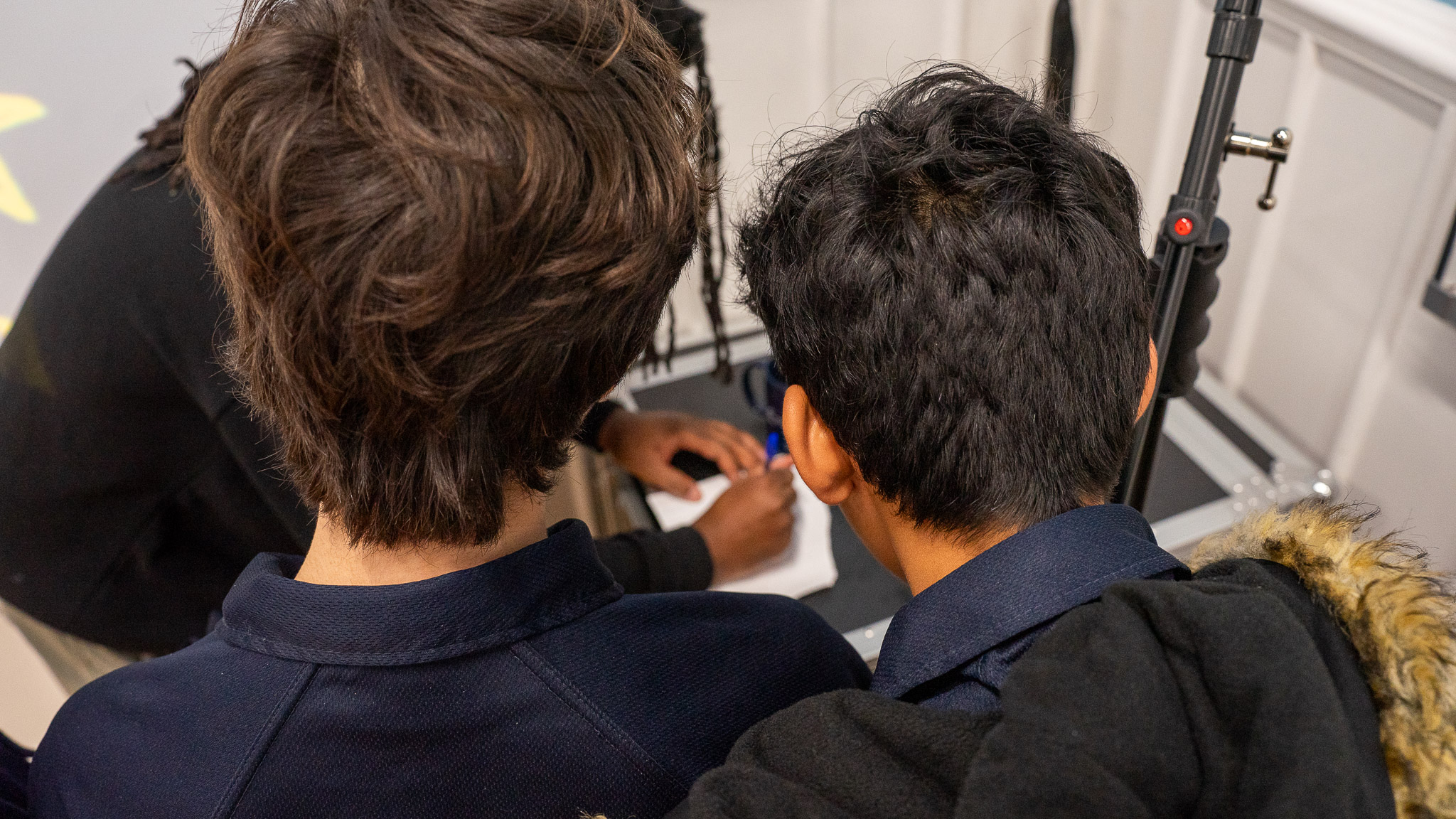In today’s multicultural society, schools in the UK welcome students from diverse backgrounds, including migrant families seeking refuge, asylum, or better opportunities.
Supporting the wellbeing and success of migrant pupils is much more than just a legal obligation!
By creating inclusive and supportive environments, you can help to enrich the school community as a whole, fostering diversity, empathy, and mutual respect among students, staff, and families.
So, let’s explore practical strategies that schools and teachers can use to create inclusive learning environments for migrant students.
6 Tips to Support Migrant Students
Not sure where to start?
These tips will help you ensure you’re doing the right things to support migrant pupils in your classroom…
1. Cultivate a Welcoming Environment
- Create a welcoming and inclusive school culture where all students feel valued, respected, and supported.
- Display multicultural artwork, celebrate diverse holidays, and incorporate diverse perspectives into the curriculum to promote cultural awareness and appreciation.
- Provide orientation sessions and buddy programs to help migrant pupils acclimate to their new school environment and make friends.
2. Language Support
- Offer language support programs, such as English as a Second Language classes or bilingual support, to help migrant pupils develop their English language skills.
- Provide translation services for school communications, documents, and parent-teacher meetings to ensure that migrant families can actively participate in their child’s education.
3. Individualised Support
- Conduct needs assessments to identify the specific needs and challenges faced by migrant pupils, including academic, social, emotional, and cultural factors.
- Develop personalised support plans and allocate resources, such as additional tutoring, counselling, or mentoring, to address the unique needs of migrant pupils and promote their academic success.
4. Cultural Sensitivity and Awareness
- Train teachers and staff on cultural sensitivity and diversity awareness to ensure that migrant pupils are treated with respect and understanding.
- Encourage cross-cultural dialogue and learning opportunities to foster empathy, mutual respect, and intercultural understanding among students and staff.
5. Family Engagement
- Establish regular communication channels with migrant families, including translated newsletters, parent workshops, and family liaison officers, to involve parents in their child’s education and school community.
- Provide information and support to migrant families on accessing community resources, such as healthcare, housing, and legal assistance, to address their holistic needs.
6. Peer Support and Integration
- Facilitate peer support groups and multicultural clubs where migrant pupils can connect with peers, share experiences, and build friendships.
- Encourage peer mentoring and buddy systems to pair migrant pupils with native English-speaking students who can provide academic and social support.
Creating Safer Environments for All Children
If you feel as though additional resources would help you better support your students, we can help.
For discounted access to CPD courses on topics including diversity, language learning, bullying support and much, much more, visit the Milk Academy website today!
Our Make Life Kind school speakers can also help you enhance diversity awareness and tolerance in the classroom…
Make Life Kind is a community-based charity that provides school speakers (AKA Milkfluencers) with inspiring stories to deliver talks on topics including anti-racism, anti-bullying, diversity and inclusion, and the importance of tolerance.
For more information on how Milk Education and our charity Make Life Kind could support you, get in touch today on 0333 360 1110.
Let’s work towards creating a safer and more inclusive environment for all children.

